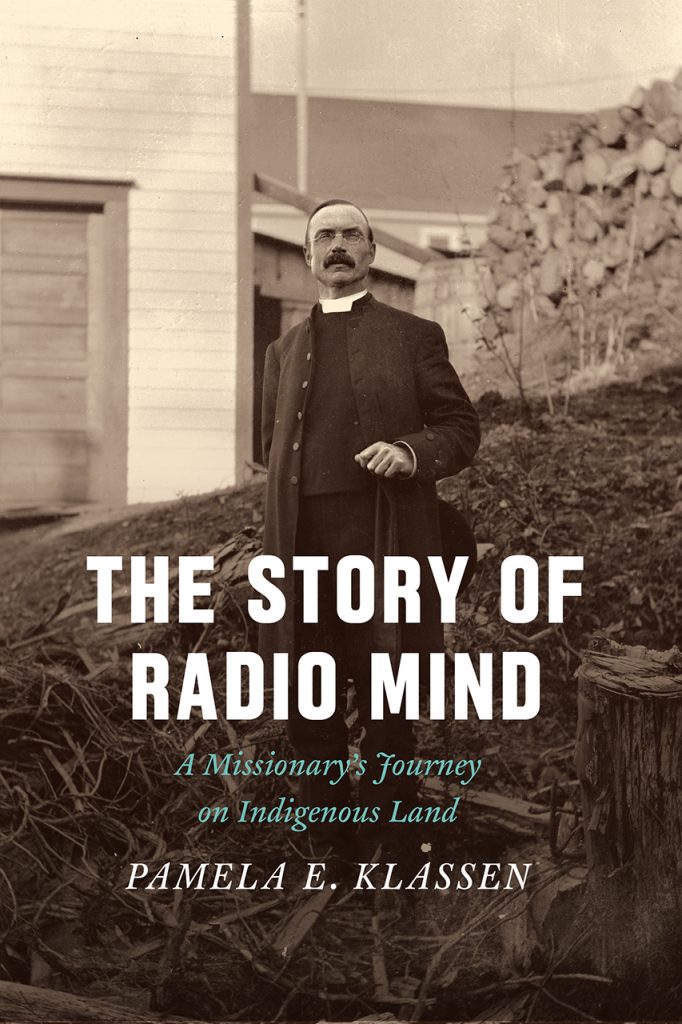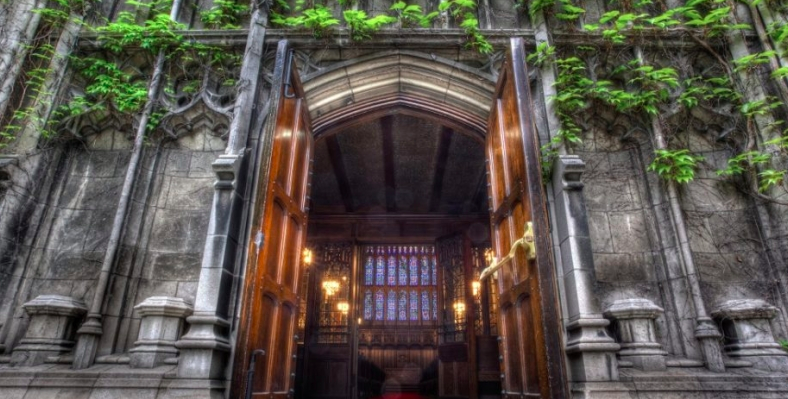
Kiinawin Kawindomowin Story Nations re-mediates the diary of a Toronto missionary-journalist named Frederick H. Du Vernet, who visited the Rainy River Ojibwe of Treaty 3 territory in the summer of 1898. Developed in consultation with people from Rainy River First Nations, the website documents Ojibwe responses to Christianity through multimedia storytelling that includes perspectives from the past and present.


